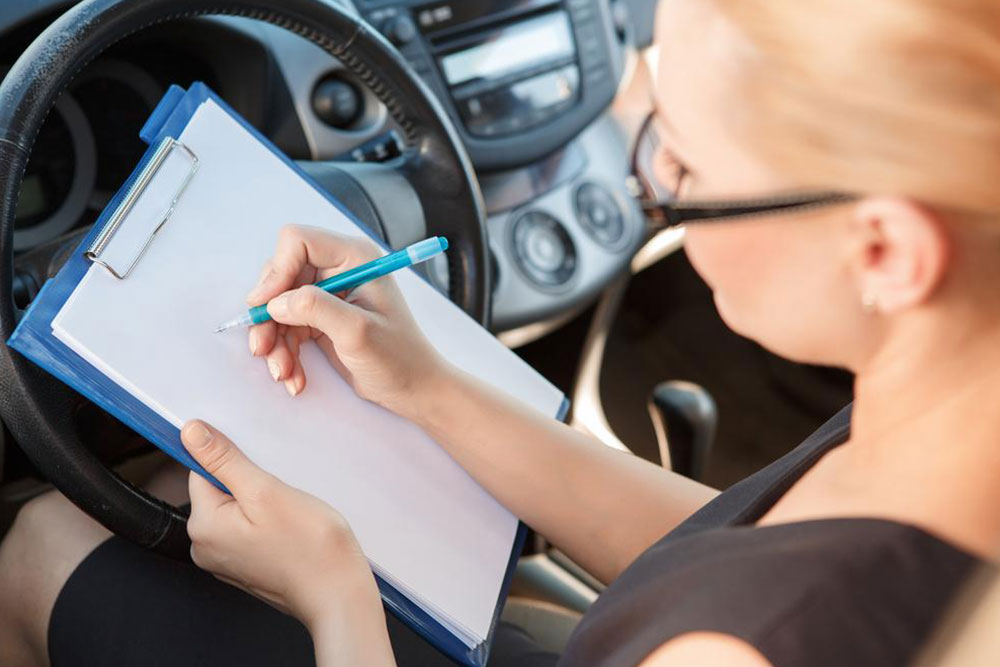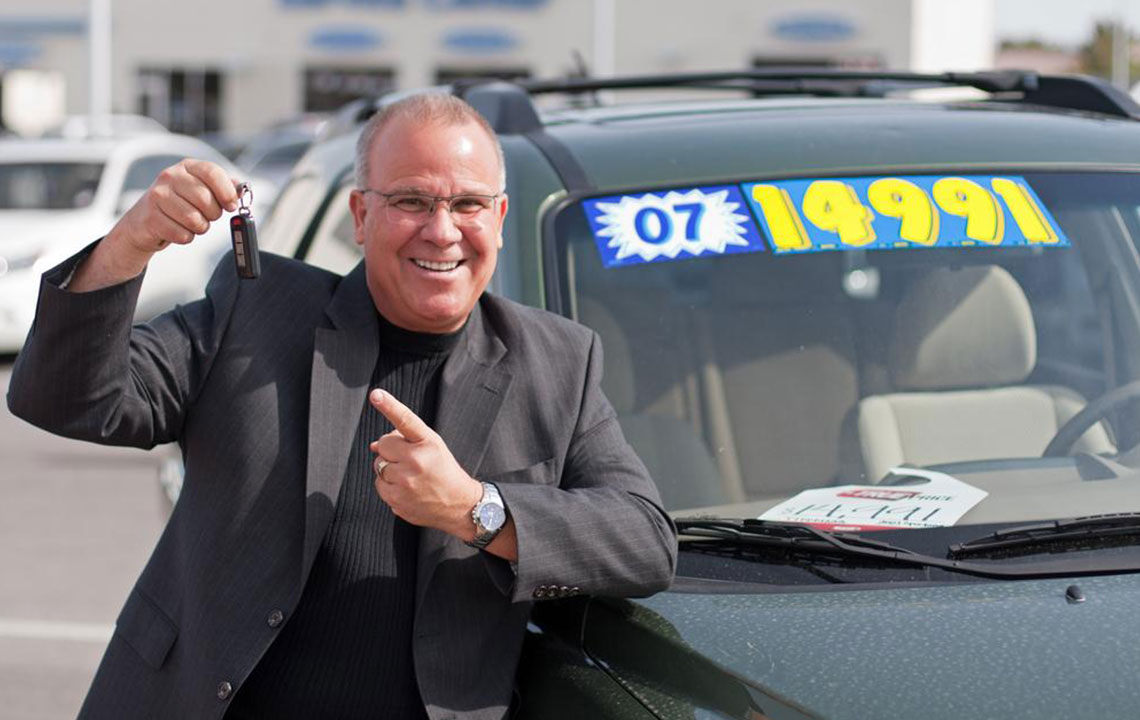Essential Tips for Purchasing a Foreclosed Motorcycle
Discover essential tips for buying a foreclosed motorcycle, including verifying lenders, reviewing auction listings, checking vehicle history, understanding costs, and payment procedures. These guidelines help buyers make informed decisions and secure quality bikes at lower prices, minimizing risks associated with auction purchases.
Sponsored

Buying a foreclosed motorcycle can be an excellent way to own a bike at a reduced cost. These vehicles often sell for much less than their original price, making them attractive for budget-conscious buyers. However, securing a worthwhile deal requires careful inspection and research. Whether you're an experienced rider or new to motorcycles, understanding what to look for during the purchase process is vital.
Trusted Lending Institutions
When purchasing a foreclosed motorcycle, first verify the credibility of the lender organizing the auction.
These lenders auction off vehicles to recover unpaid financing amounts. Choosing reputable lenders and auction houses ensures product quality and reliable service. This minimizes the risk of scams or buying motorcycles with missing parts or latent problems.
Preview the Auction Listings
Reviewing the auction catalog beforehand allows you to see all available motorcycles.
Many bikes are listed, so browsing online and examining each vehicle helps you understand what's available. This also helps determine which bikes meet your needs and establish a realistic bidding budget. Being informed about the inventory supports smarter bidding and prevents overspending.
Determine Your Budget
Foreclosed bikes often originally cost over $10,000, but auction pricing can be significantly lower. Set a clear budget before participating. Seek advice from experienced friends or family during your bidding. Research current market values to avoid overpaying, especially if you're planning to resell later.
Check Vehicle History with VIN
Obtain the Vehicle Identification Number and perform a history report using services like AutoCheck or Carfax. This reveals information on repairs, accidents, recalls, and service history. Such insights help you make informed bids and decide if the motorcycle suits your needs.
Warranty Status
Confirm whether the motorcycle is still under original manufacturer warranty. If so, it can cover repairs or issues discovered post-purchase, offering added protection and peace of mind.
Understand Ownership Expenses
Even with lower purchase prices, owning a foreclosed motorcycle entails costs like insurance, maintenance, fuel, and repairs. Assess your financial capacity to handle these ongoing expenses. Clarify your resale intentions to evaluate if the investment aligns with your goals.
Remember, auction bikes are sold 'as is,' with no guarantees or return policies. Conduct thorough inspections and, if possible, consult motorcycle enthusiasts for advice on spotting wear and tear. Caution and preparation are key to making a smart purchase.
Payment and Financing Options
After winning an auction, you'll typically have a set period to pay. Payments are often cash, but verify payment methods beforehand. Be aware of potential storage or late fees if you delay settlement. Having your payment ready ensures smooth transfer of ownership and quick retrieval of your motorcycle.
Explore online and local wholesale motorcycle auctions to find more options, including bank-repossessed bikes suitable for purchase.






